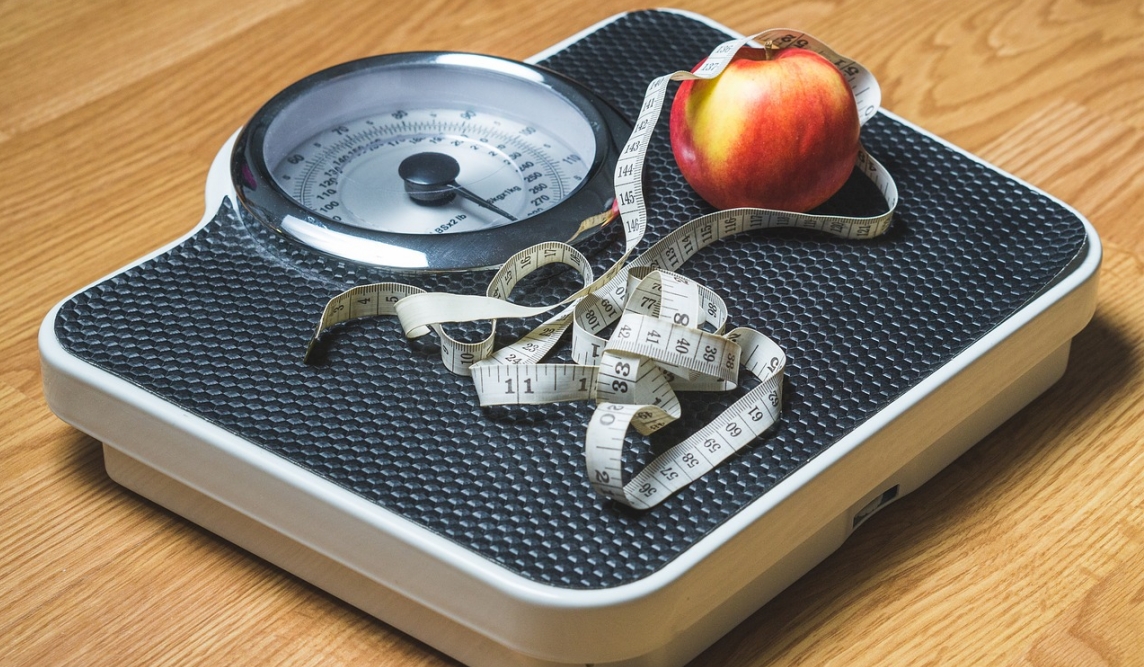Cardiovascular disease, type II diabetes, high blood pressure, and cancer are all health-related issues associated with obesity. But while obesity is a serious health concern, fat people often face medical discrimination where doctors refuse to treat them properly insisting that if they lose weight the issue will disappear. This is part of the fatphobia that fat people face. But what is the line between obesity and medical discrimination? The Daily Vox explains.
What is obesity?
According to the World Health Organisation (WHO), obesity is defined as having abnormal or excessive fat accumulation that presents a risk to health. Obesity is commonly measured using the body mass index (BMI) score. BMI is calculated as a person’s weight (in kilograms) divided by the square of their height (in metres). A person with a BMI of over 30 is generally considered obese, while a person with a BMI of 25 or more is considered overweight.
According to this definition, a 2016 Statistics South Africa (StatsSA) Demographic and Health Survey (DHS) shows that a third of South African men and two-third of South African women are obese.
If obesity is a health hazard, what is fatphobia?
Fatphobia, on the other hand, is a form of bigotry that equates fatness with ugliness, inferiority and immorality. Being fat is associated with laziness and is seen as something that is shameful, or a failure of personal responsibility.
Fatphobia manifests in different ways
There are so many examples that point to how fatphobic our society is. The first is that weight loss is considered positive no matter how it is achieved. Whether a person has to maintain a drug habit, an eating disorder or is plain starving themselves, “You’ve lost weight” is often a compliment. With that comes a slew of unsolicited weight loss advice that friends, family and random strangers will give fat people. Random people also often feel entitled to scrutinise what fat people are eating or putting into their grocery trolleys.
There’s also what’s known as structural fatphobia, which has to do with the restrictive size of seating at restaurants, on public transport and in planes. Fat people experience anxiety about eating out at restaurants, fearing that the seating arrangements will be exclusionary. Clothing, especially formal clothing like suits, wedding dresses and tuxedos also does not come in larger sizes.
This is not mentioning the mocking and aggression that fat people face, or how people are afraid of being seen with or being in romantic relationships with fat people for fear of public criticism.
Another concerning manifestation of fatphobia is medical discrimination. Fat people, particularly women, tell of doctors who have offered lectures on weight loss while ignoring the symptoms of serious illnesses.
What medical discrimination do fat people face?
Doctors often do not treat fat people properly. Instead, doctors insist that if they lost weight than the issue — no matter what it is — will disappear. Doctors are part of a fatphobic society too. Yes, they have medical degrees, but they also carry their own set of experiences, traumas, and bias.
Author and activist Virgie Tovar wrote in the Guardian that she had gone to the doctor with a sore throat and left with a prescription for weight loss. “… a woman submitted a story about going to her doctor with suspicions she might have a serious uterine problem – doctors diagnosed her on sight as having polycystic ovary syndrome without examining her. Three years later she found out she had cancer, which could have been treated much earlier if her health had been taken seriously. I met a woman who was pressured to get weight loss surgery as a teenager and now, because of the way that kind of surgery can affect bones and teeth, she deals with huge dental bills,” Tovar wrote.
Beyond the anecdotes, studies show that doctors have shorter appointments with fat patients and show less emotional rapport. Doctors use negative words like“noncompliant,” “overindulgent,” “weak-willed” in their medical histories with higher frequency.
The problem with medical discrimination is that it leads to delayed diagnosis and treatment, and poorer health in the long run. It can also lead to a worsened self-image and mental health.
But surely doctors are right in assuming fat people are unhealthy, right? Wrong.
Let’s backtrack to BMI as a measure of body fat. BMI is flawed because it’s an indirect measure of body fat that cannot take into account details about age, sex, bone structure, and fat distribution, according to a study in the International Journal of Obesity. It’s the inability to distinguish between body fat and muscle means that muscular people can be classified as overweight and obese or that elderly people who are portly with low muscle mass can have normal or low BMI scores.
So why do we still use BMI, you ask? Well, it’s mostly correct and also there’s no real alternative…
What’s the line between obesity and medical discrimination?
While obesity has numerous dangerous health implications, so does fatphobia. Assuming that if someone has obesity because they don’t know better, don’t want to be healthier, and don’t have the ability to self regulate is harmful. These assumptions are inherently linked to stereotypes and can exacerbate stigma towards people with obesity. Besides, a fatphobic society is not conducive.
Weight stigma researchers have shown how the pervasive hostile environment that marginalised people (like fat people) find themselves in is a source of constant physical and psychological stress. Our bodies react to stress by producing stress hormones and changing their cardiovascular, immune and neurological systems to deal with the threat. In the short term, this is an adaptive response that aids survival. However, chronic exposure to stress can cause increased rates of diabetes, hypertension, heart disease and even some cancers.
Body size = health?
It is also a huge misconception that body size equates to health. To use the WHO definition, “health” is a “state of complete physical, mental, and social well being, and not merely the absence of disease or infirmity.” In other words, health is a fluid, and not static. It is a multi-level process with less to do with appearance and more to do with comprehensive bio-psycho-social functionality.
We need a better picture of health, understanding that health looks different for everybody because we all have different bodies. At the same time, we need to actively work to rid society of its discrimination and fatphobia which is harmful to everyone.









